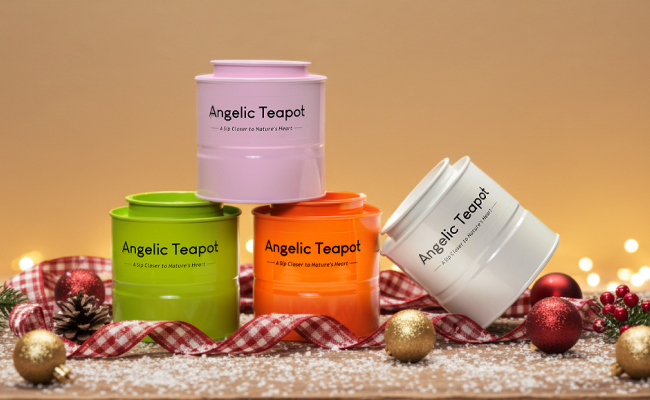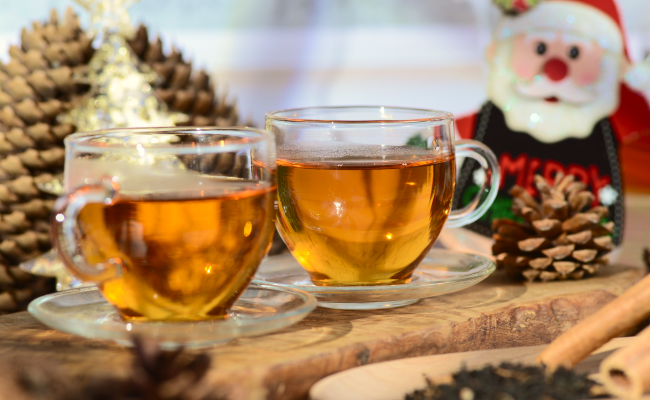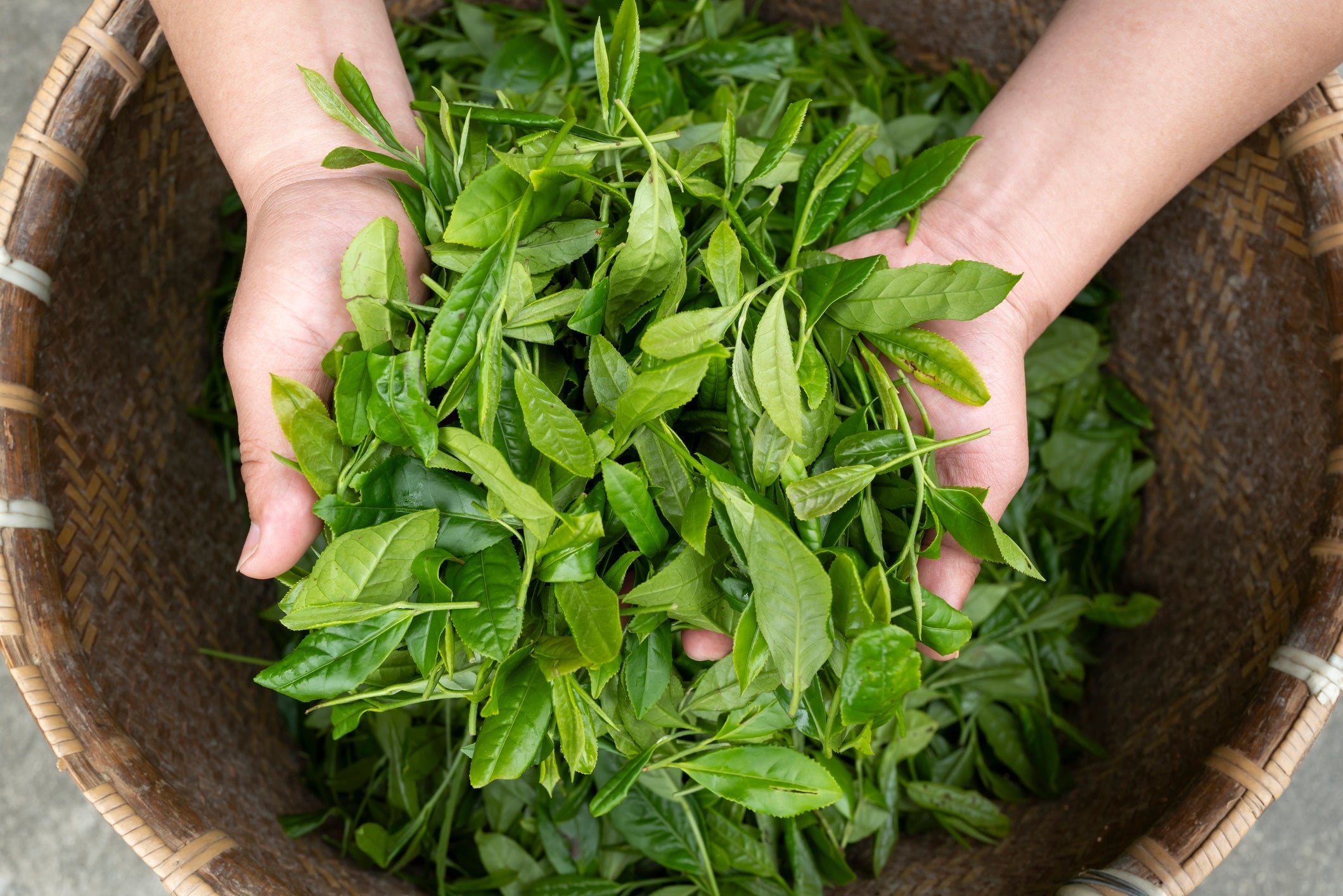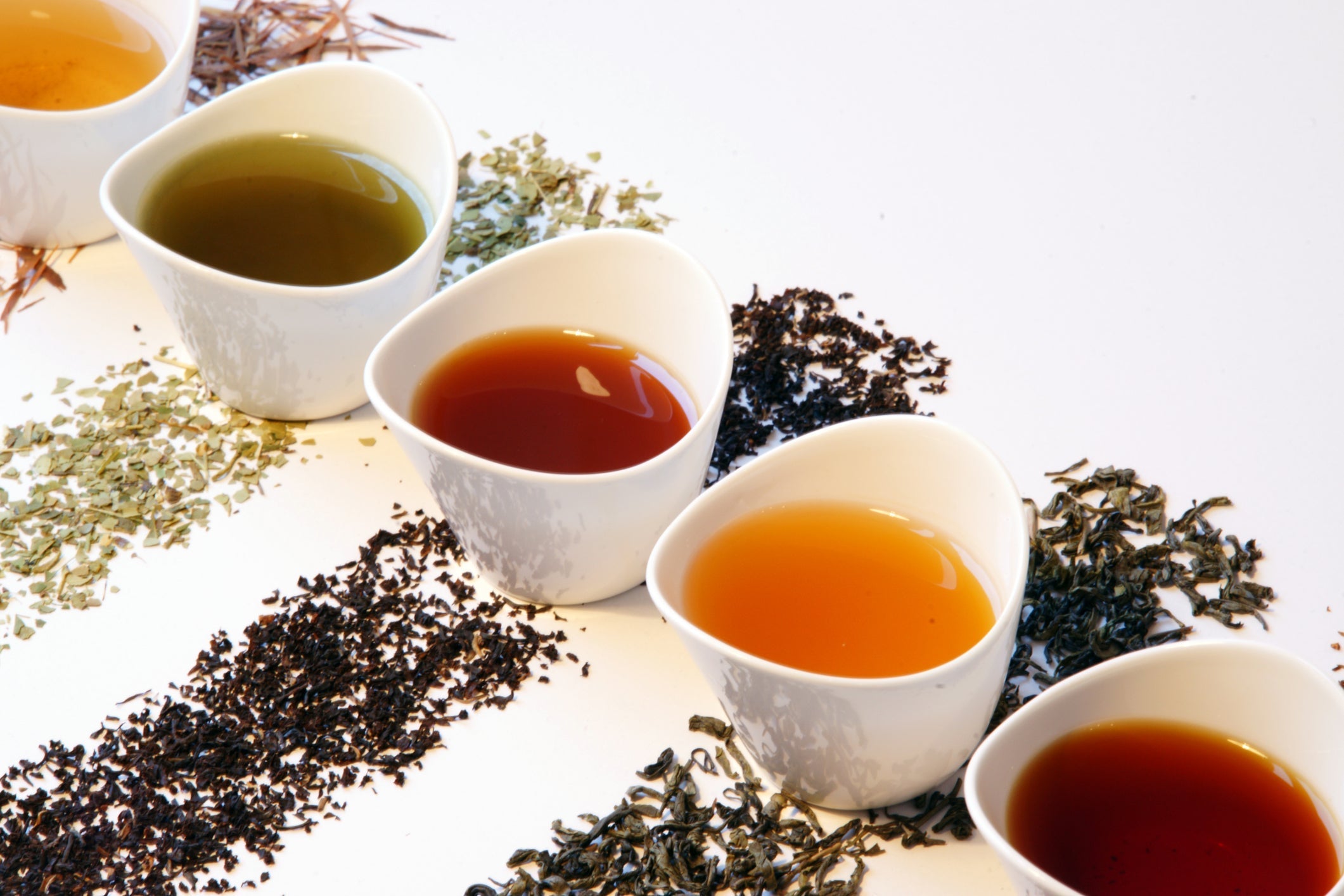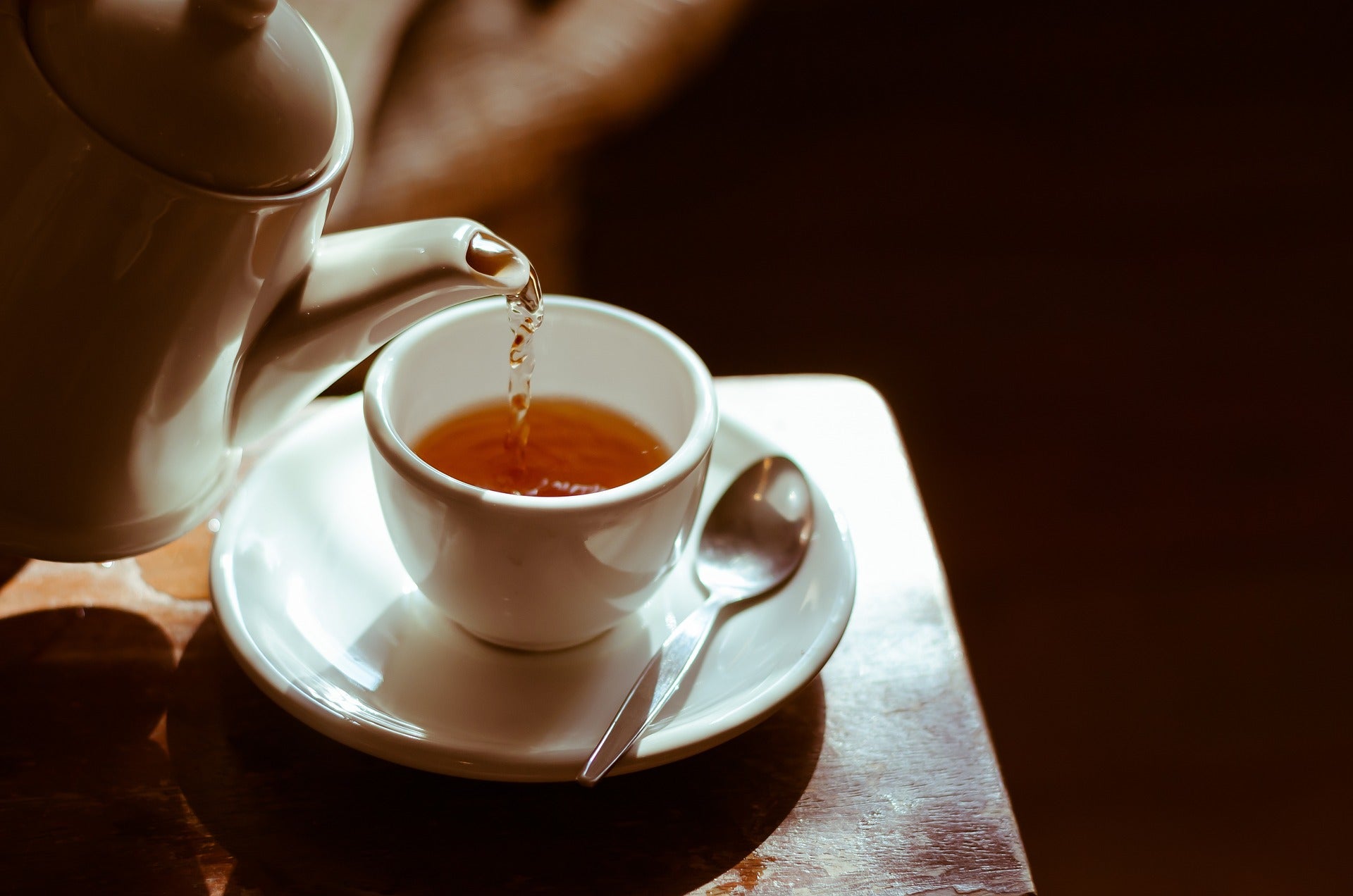
How Much Caffeine Is in Tea?
Ever wondered how much caffeine is hiding in your cup of tea? You’re not alone — it’s one of the most common questions we get from tea lovers who adore their daily brew but still want to sleep well at night.
The short answer: yes, tea contains caffeine — but it’s gentle, steady, and nothing like the quick rush (and crash) that coffee can bring.
Let’s take a closer look
It Starts with the Leaf (and the Plant)
Every tea leaf comes from the same plant — Camellia sinensis — but the caffeine content can vary depending on the type of leaf and how it’s grown.
The young buds and tender first leaves near the top of the plant naturally have a bit more caffeine than the older ones lower down. And just like grapes for wine, a tea’s environment — soil, altitude, and variety — can make a big difference too.
Generally speaking, small-leaf teas tend to be milder in caffeine, while larger-leaf varieties give a little more kick.
Fun fact: even though green, oolong, and black teas all look and taste different, the oxidation process (what turns green tea into black tea) doesn’t change caffeine levels much. It’s more about how you brew it than what colour the tea is.

How You Brew Matters More Than You Think
If you’ve ever wondered why one cup wakes you right up and another feels soothing, it’s often all about how it’s brewed.
Here’s what makes the biggest difference:
-
More tea leaves = more caffeine (a heaping teaspoon will always give a stronger result).
-
Smaller leaves (like tea bag cuts) release caffeine faster than whole leaves.
-
Hotter water and longer steep times mean more caffeine in your cup.
If you prefer a gentler brew, use slightly cooler water and steep for a shorter time.
If you want that extra bit of energy, simply let your tea sit a minute longer — it’s that easy.
Tea vs. Coffee: The Gentle Lift
A regular cup of tea usually contains 10–35 mg of caffeine, depending on how it’s brewed. Coffee, by comparison, can have 50 mg or more.
That means tea gives you a slower, steadier kind of energy — a calm alertness rather than a jolt. It’s why so many of us reach for tea during long afternoons or slow mornings: it wakes up the mind without shaking up the heart.

Caffeine-Free Options for Slow Evenings
And for those cozy, no-caffeine moments — we’ve got you covered too.
Our herbal and fruit teas are naturally caffeine-free, perfect for winding down in the evening or sipping before bed. Whether you’re craving something floral like Chamomile, or refreshing like Angel Falls Mist, these blends bring comfort without the buzz.
Explore our Caffeine-Free Teas


